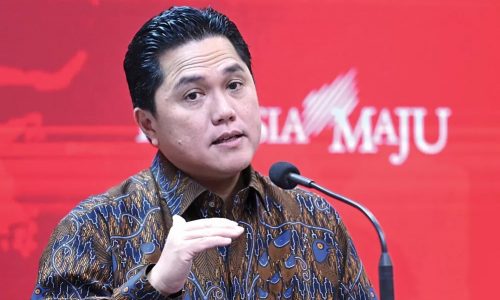The government has issued a new policy regarding the implementation of a Value Added Tax (VAT) rate of 12 percent which will take effect in early 2025. President Prabowo Subianto emphasized that this new rate will only apply to luxury goods and services, without affecting transactions in the capital market.
This was confirmed through the Regulation of the Minister of Finance (PMK) Number 131 of 2024 which was announced on Tuesday 31 Desember 2024, a few hours before the new rate came into effect. This regulation corrects previous concerns that transaction costs in the capital market would be affected by the increase in VAT.
The Indonesia Stock Exchange (IDX) through a released on Wednesday, January 1, 2025 explained that service costs in the capital market are not included in the taxable objects subject to a 12 percent VAT rate. This revision corrects the IDX announcement on December 24, 2024 regarding the adjustment of VAT for capital market transaction costs.
Director of Trading and Member Regulation of the IDX, Irvan Susandy, clarified that capital market service fees are subject to VAT rates based on the tax base (DPP) in the form of other values. “With DPP of other values, the tax object is multiplied by 11/12, so the final result is the same as the 11 percent VAT rate,” Irvan told reporters, on Thursday, January 2, 2025.
VAT in capital market transaction costs includes buying and selling securities, brokerage services, KPEI clearing and guarantee fees, and KSEI settlement fees.
Applies Limitedly
In a press conference after attending the Annual Book Closing Meeting at the Ministry of Finance, President Prabowo Subianto emphasized that the application of 12 percent VAT only applies to luxury goods and services consumed by high-income people.
“For goods and services other than those classified as luxury goods, the VAT rate remains at 11 percent, as has been in effect since 2022,” said Prabowo.
This policy is part of the implementation of Law Number 7 of 2021 concerning Harmonization of Tax Regulations, which aims to create fairness in taxation.
With this policy, the government ensures that stability in the capital market is maintained, while protecting the public from an increase in the overall tax burden.









